(p.i) The book seeks to strategically fill a void in the representation of South Asian constitutions and constitutionalism in international discourse. Although parts of South Asia have remained obscure and unstable on the fine balance of constitutional stability and constitutionalism, an appreciable number of countries have successfully operated constitutional schemes that are based on systems developed in the West, through a process of trial and error. A study of the successes and failures of constitutionalism in this extremely diverse region is overdue. This volumes well-researched essays address diverse and crucial issues affecting South Asian constitutionalism. It bears the potential of bringing this subject to the centre-stage of constitutional discourse globally, as well as within the South Asian region. This book will inspire more expansive and critical studies that will benefit the region and other similarly situated regions of the global society. A compelling read, it offers a sturdy platform for follow-up studies.
Professor Mahendra P. Singh
Chairperson, Delhi Judicial Academy; Vice-Chancellor, The West Bengal National University of Juridical Sciences, Kolkata (200611)
This volume presents rich and excellent perspectives on comparative constitutionalism in South Asia. It reflects on the perennial problems of constitutionalism and explores the utility of cross-pollination of laws and practices as a means of responding to local needs. The essays provide deep insights into the historical, political, legislative, and judicial evolution of constitutionalism in the South Asian states. An important contribution of this volume is an examination of the interpretative models courts can adapt, that not only incorporate valuable lessons from their regional counterparts, but also reflect their unique domestic values. As a whole, the essays will inspire more vibrant debate on comparative constitutionalism in South Asia and provide an excellent foundation for research to follow.
Justice Andras Sajo
Judge, European Court of Human Rights; University Professor, Central European University, Budapest
(p.ii) Is a comparative study of constitutional law merely of academic interest to be dismissed as an esoteric exercise that serves no practical purpose? Given that those involved in the processes of framing, interpretation, and application of constitutional principles and provisions resort to transnational borrowing, an analytical justification of the processes is required. A comparative study of constitutional law provides that justification. Constitutional borrowing is perhaps inevitable given the increasing political, economic, and social interaction, and the endorsement by countries of common values and standards as members of the UN. The present study of constitutional developments in South Asian countries by eminent scholars is quite relevant. The articles are brilliantly crafted, informative, critically analytical, and thought-provoking, making for serious and compelling reading for academics and practitioners alike.
Justice Ruma Pal
Judge, the Supreme Court of India (20006)
This volume pays tribute to two brilliant South Asian thinkers, Neelan Tiruchelvam and Upendra Baxi, by taking their ideas and moving forward into the twenty-first century. The essays are diverse but, like Tiruchelevam and Baxi, have a moral core aimed at securing justice and resolving intractable conflict. It is a thoughtful, provocative collection of essays that will be a must-read for all those interested in constitutional development in South Asia.
Radhika Coomaraswamy
Special Representative of the UN Secretary General for Children and Armed Conflict (200612); Chairperson, Sri Lanka Human Rights Commission (20036)
Dedication
(p.vii) For Neelan Tiruchelvam and Upendra Baxi (p.viii)
(p.xi) Preface
This book is the product of two workshops on South Asian constitutionalism. The first was held in November 2006 at the School of Oriental and African Studies (SOAS) in London. This event was generously supported by the Johns Hopkins School of Advanced International Studies (SAIS) and the General Electric Foundation, and was hosted by SOASs Law Department. Professors Werner Menski and Alex Fischer at SOAS and Jenika Kaul at SAIS were enormously helpful in planning and executing the event.
Our second workshop took place at the Faculty of Law, National University of Singapore (NUS), in June 2009. It was jointly financed by the Asian Law Institute, the Faculty of Law at NUS, and SAIS. Generous financial support was also provided through a grant (Grant No. R-241-000-070-112) from the Singapore Ministry of Educations Academic Research Fund administered by the National University of Singapore. We thank our NUS colleaguesKumaralingam Amirthalingam, Michael Hor, and Victor Ramrajfor moderating the sessions at the workshop. We would like to acknowledge the superb administrative support provided by Elizabeth Chua and Wendy Wee. Abhik Majumdar, who was then a graduate student at NUS, also helped in organizing the workshop. Taberez Neyazi, Juliette Duara, Teo Lee Ken, and Lau Si Min Jannelle performed valuable service as research assistants on the overall project.
We thank Praveen Dev at the Oxford University Press (OUP) India for his initial support to our project and his patience through the inevitable delays that arise from putting together an edited volume of contributions. Barun Kumar Sarkar and Manish Kumar of OUP India provided vital assistance during the final stages of the editorial work.
In writing our introduction and during the overall editorial process, we were greatly assisted by the efforts of Matthew Moorhead and Badrinarayan Seetharaman. We are also grateful for the stellar (p.xii) assistance provided to us by Elizabeth Hassan in proofreading the manuscript.


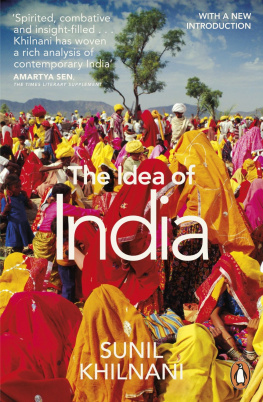
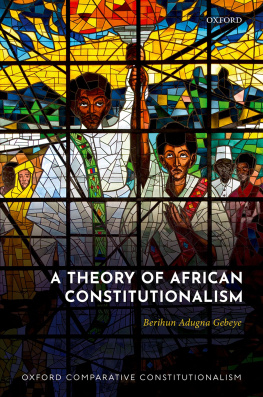
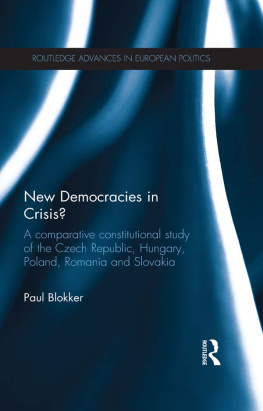
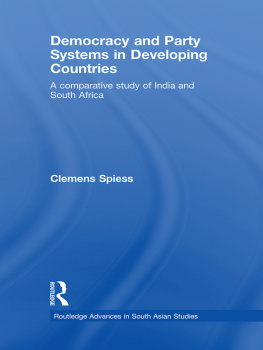
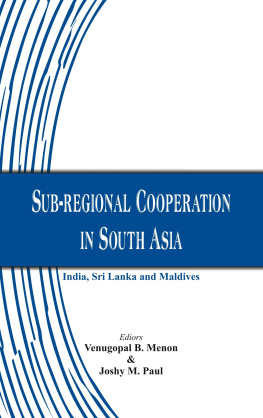
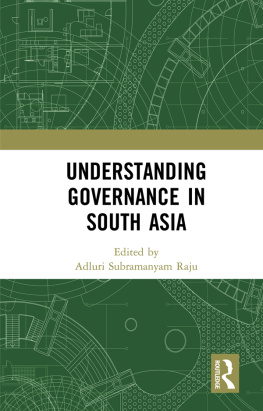

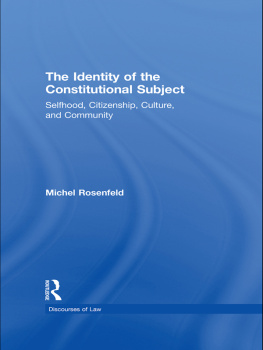
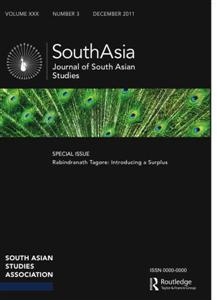
.gif)